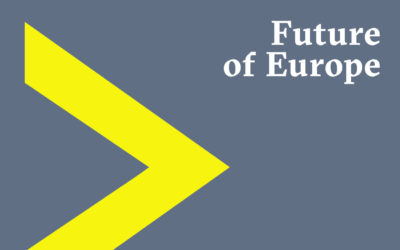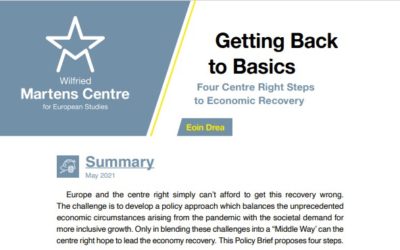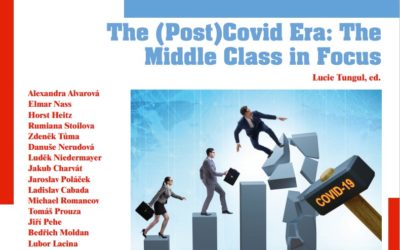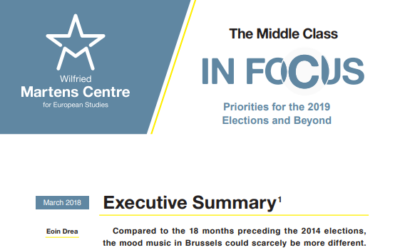-

Middle-Class Concerns and European Challenges: A Data-Driven Study from a Centre–Right Perspective
Future of Europe
15 Sep 2023
-

Net@Work Day 3 – Panel 2: The Green Deal and the Middle Class
Live-streams - Multimedia
21 Apr 2021
-

The success of populism, and why it’s all about the middle class
Articles and Op-Eds - In the Media
15 May 2019
-

Beyond resentment: A Journey through the Italian Middle Class from Postwar to Pandemics
Collaborative
06 Dec 2021
-

The European Green Deal and the Middle Class
Collaborative
30 Sep 2021
-

Getting Back to Basics: Four Centre Right Steps to Economic Recovery
Policy Briefs
20 May 2021
-

The (Post)Covid Era: The Middle Class in Focus
Collaborative
29 Sep 2020
-

Middle Class at a Crossroads
Collaborative
08 Oct 2019
-

The Middle: The middle class as the moral core of society
Collaborative
19 Nov 2018
-

The Middle Class: Priorities for the 2019 Elections and Beyond
IN FOCUS
02 Mar 2018
-

No Robots: The Position of Middle-Class Households in Nine European Countries
Collaborative
19 Nov 2017


